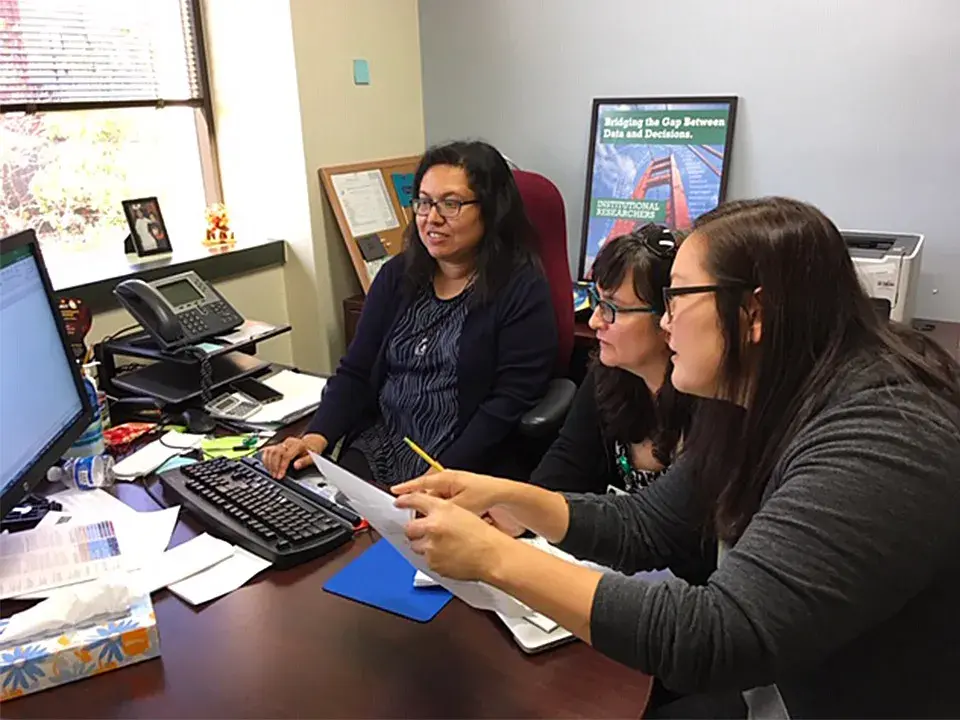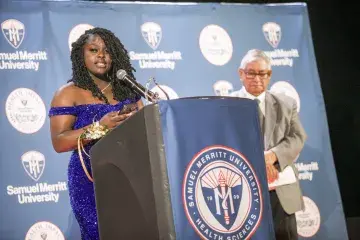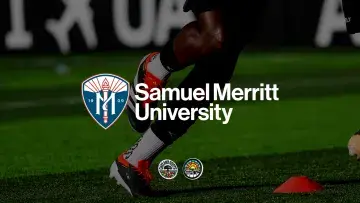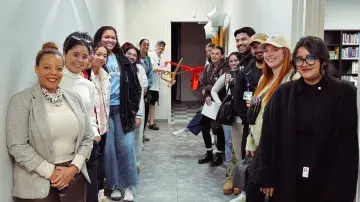Innovative SMU Research Points Way for Cultural Responsiveness Training

New research out of Samuel Merritt University’s Occupational Therapy program offers a potential road map for how to teach health science students cultural responsiveness.
The research, published in the Journal of Occupational Therapy Education, showed improvements in the students’ self-reported knowledge of culturally responsive care following a nine-hour Social and Cultural Concepts Module. The training is seen by some as an early step to addressing the disparities in health outcomes among some racial and ethnic groups that result from unequal access to health care.
As part of the module, students reviewed case studies of patients from diverse backgrounds, conducted face-to-face interviews with patients from diverse backgrounds about their care, and journaled about their observations related to culture and health care. The 35 entry-level doctor of occupational therapy students who took part in the module and the pre- and post-surveys reported improved understanding and comfort with 22 of the 30 concepts measured—pointing to the benefit of incorporating such culturally responsive training into the curriculum, researchers found.
‘I knew it was low, but not that low’
Robert Freeman, OTD ’20, one of seven graduate researchers on a team lead by Professor Elizabeth Ching, said the study led to an ah-ha moment he hadn’t anticipated.
"Based on my review of the U.S. demographics from 2015 to 2018, African Americans account for just 5% to 9% of practicing occupational therapists, "said Freeman, who is African American. “I knew it was low, but not that low. That was eye-opening. What are the challenges for African Americans getting into grad school, and how can we increase the numbers?
The lack of racial diversity in occupational therapy, as well as its educational programs, are obstacles to providing culturally responsive care to all people, populations, and communities, Freeman said. It makes sense then that educating health care practitioners, including occupational therapists, to conceptualize and understand the culture of patients and to use their understanding to extend care in a culturally responsive way is critical to leveling health inequities, according to the team’s findings.
In addition to being eye-opening, working as part of the research team was great career experience since so few occupational therapy students from diverse backgrounds have such an opportunity, Freeman said.
‘We’re ahead of most’
In fact, “Our team’s research is unique, not only because there is scant research in this area, but also because all of the researchers are persons of color,” Ching pointed out. In addition to Ching and Freeman, the team included Elsa Contreras, OTD ’20, Precious Dimalanta, OTD ’20, Linda Duran, OTD ’20, Ursula Hawe, MOT ’20, Susannah Hong, OTD ’20, and Wilton Ramos, OTD ’20.
Based on the team’s findings, Ching believes it’s crucial for occupational therapy programs, and health sciences in general, to implement standardized and consistent culturally responsive curriculum.
“Cultural responsiveness education needs to be systemic rather than, as is too often the case today, a perspective left to individual instructors or even students to represent in our courses,” Ching said. “At Samuel Merritt, we’re ahead of most because we’ve taught the Social and Cultural Concepts Module since 2015 but there’s always more we can do and I think that’s part of what this research teaches us.”


